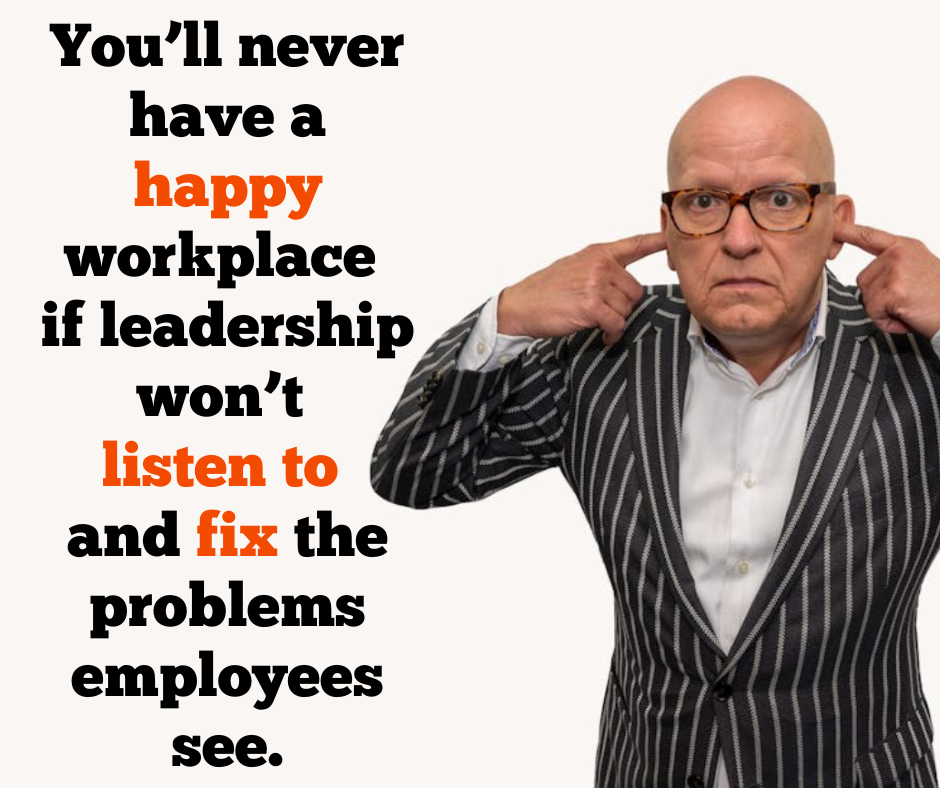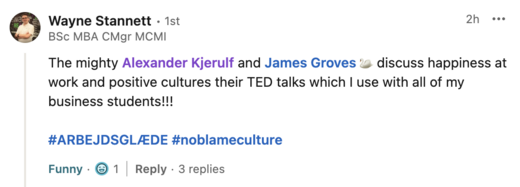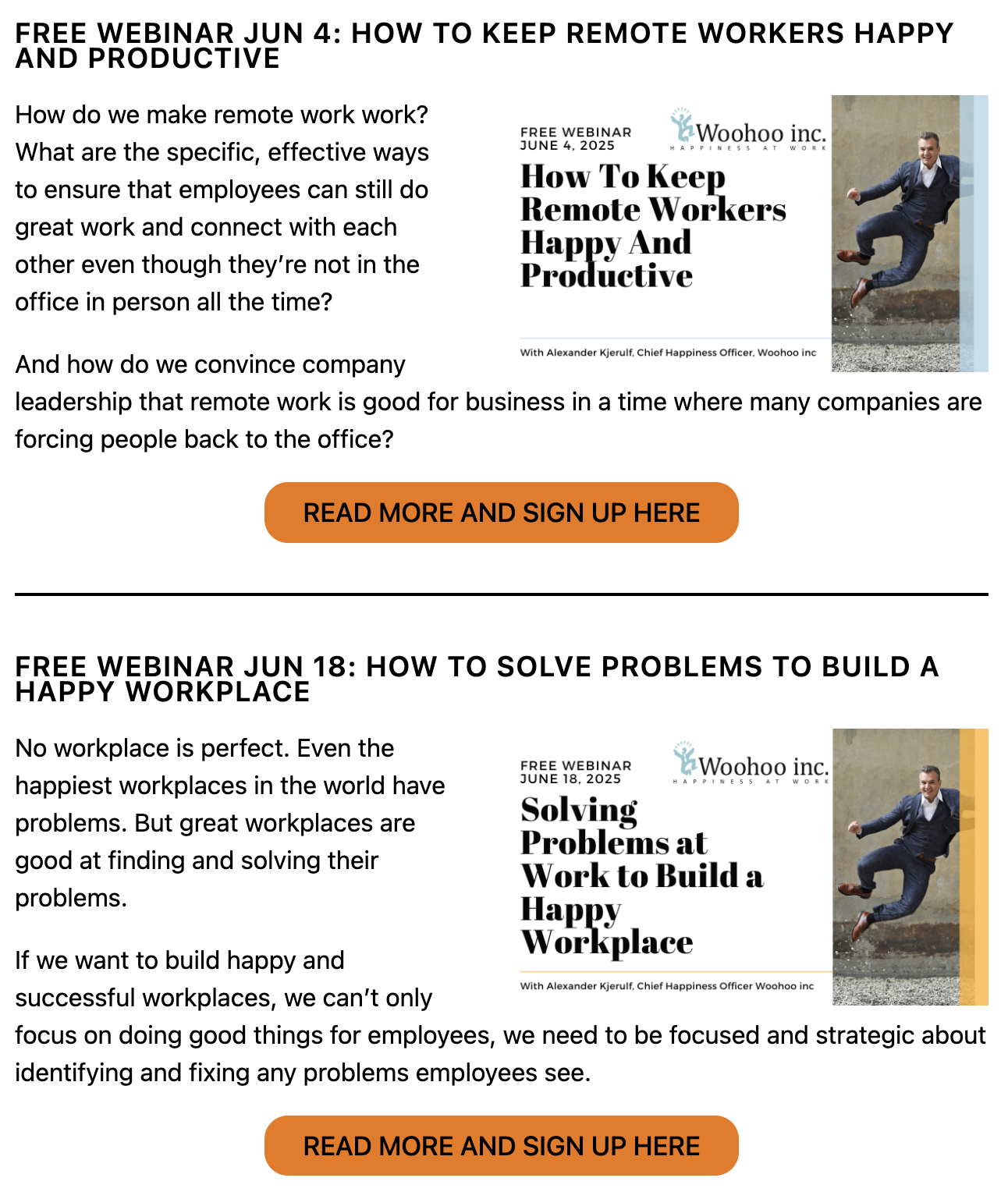Aaaahhh… Summer vacation. Depending on your fancy it’s time to lie on the beach with a good book, wear out your shoe soles exploring a strange city or scream your head off skydiving or in some other adrenaline-driven pursuit.
But invariably the vacation ends and you go back to work, and that transition can be a little rough.
Do you know that feeling? You come back to work happy and full of energy – but by the end of the first work day, you’re already feeling tired an unhappy. It’s almost like you didn’t have a vacation at all.
So here are a five tips to help you stay happy when you get back to work.
1: While you’re away, get away
Don’t take the company mobile and laptop on vacation. Don’t check your voice mail and email.
The point of a vacation is to get away and go to a different mental space, and if you’re preoccupied with work, chances are you’ll both enjoy your vacation less and get less relaxation out of it.
2: Let yourself get behind
When you get back from your vacation, you will invariably have fallen behind and have a lot of work to catch up on. There will be a ton of voice mails, emails and tasks that need your attention. THAT’S FINE!!! It’s unavoidable and it’s not your fault.
Look at it this way: If you can leave the company for two weeks and there’s no work waiting for you, you’re not really needed there.
So don’t expect to have a clear desk on your first day back – allow yourself to be behind and to catch up steadily.
3: Start with some easy tasks
When you get back to work, don’t immediately throw yourself at the toughest, hairiest most complicated tasks you have. Ease into work by doing something easy and simple – something you know you can do. Once you’re back in full swing you can go at the tough tasks.
4: Don’t overwork to catch up
It can be really tempting to work long hours to catch up after your vacation. DON’T!!! Work regular hours and stick to point 2 above.
5: Ask for help if you need it
If you find it difficult to catch up, don’t be afraid to ask your co-workers or manager for help. It’s important for you to be aware of any outstanding tasks that may have become critically late in your absence, and if you could use some help – it’s your responsibility to ask for it! It also greatly increases the chance that you will actually get help.
If you use these tips, you may find that your vacations feel more like vacations and that you can be even happier at work.
A warning
But on a fundamental level, there is something wrong with the idea that work drains you of energy and weekends and vacations recharge you. I know that this is how most people feel – but that’s not how it should be.
If work typically drains you of energy – if every week ends up draining you of life so you barely make it to Friday afternoon where you can finally relax – then something’s wrong. Don’t accept that state of affairs just because everyone else does.
When you’re happy at work, work can actually be a regenerative activity that leaves you with more energy so you leave the workplace with a spring in your step most days!
And THAT is the ultimate way to beat the post-vacation blues: Have a job you actually like!
Your take
Do you ever get the post-vacation blues? What do you do to beat’em? Have you also noticed that vacations these days seem to be more tiring than work (as this article says)?












